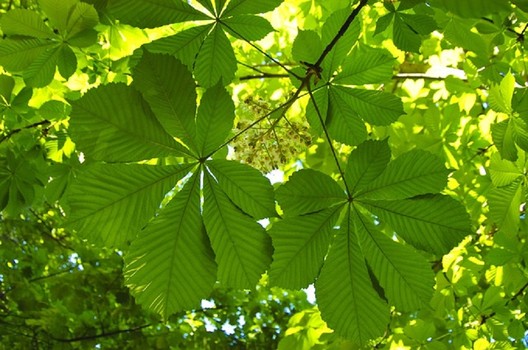Staph infections can be deadly. Emory Health Sciences reported via EurekAlert, an extract from chestnut leaves disarms deadly staph bacteria. Researchers have found that leaves of the European chestnut tree have ingredients which have the power to disarm dangerous staph bacteria without boosting its resistance to drugs.
It has been discovered that a chestnut leaf extract which is rich in ursene and oleanene derivatives blocks Staphlococcus aureus virulence and pathogenesis without the development of any detectable resistance. This research was inspired by the use of chestnut leaves in traditional folk remedies. Cassandra Quave, an ethnobotanist at Emory University, led the research. Ethnobotany studies the interactions of people and plants.
Quave says a family of compounds from the European chestnut tree do not actually kill staph but instead work by taking away the weapons which staph have therefore essentially shutting off the ability which the bacteria have to create toxins that result in tissue damage. This finding
highlights the potential for new ways to both treat and prevent infections caused by methicillin resistant S. aureus, or MRSA, without adding to the growing problem of the emergence of drug resistant pathogens.
According to the Centers for Disease Control and Prevention in the United States there are at least two million illnesses and 23,000 deaths a year from antibiotic resistant bacteria. MRSA infections can cause problems ranging from mild skin irritations to deaths. Super bug bacteria which are evolving pose great threats for patients. It has been demonstrated in the lab that a chestnut leaf extract disarms even the super virulent MRSA strains.
This study has been published in the journal PLOS One. Researchers have found European chestnut leaf extracts which are rich in ursene and oleanene derivatives can block Staphylococcus aureus virulence and pathogenesis without the development of any detectable resistance. An investigation of botanical folk medicines which are used in the treatment of skin and soft tissue infections led to this study. This study is very significant in view of the deadly potential of many staph infections.








